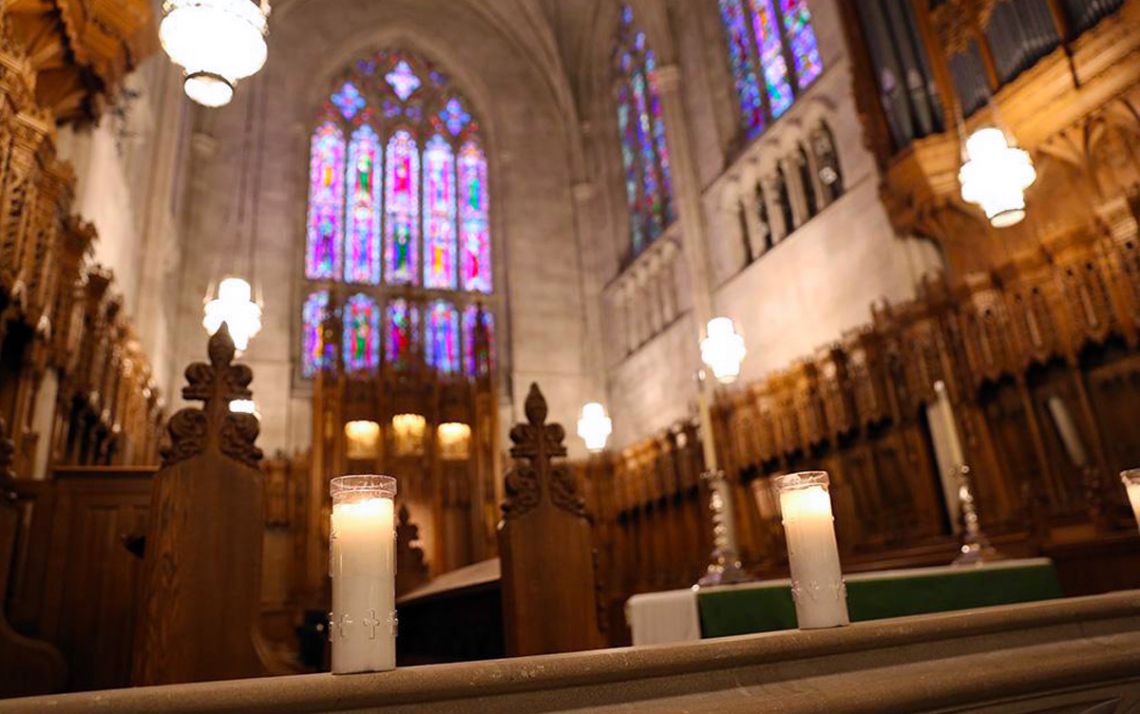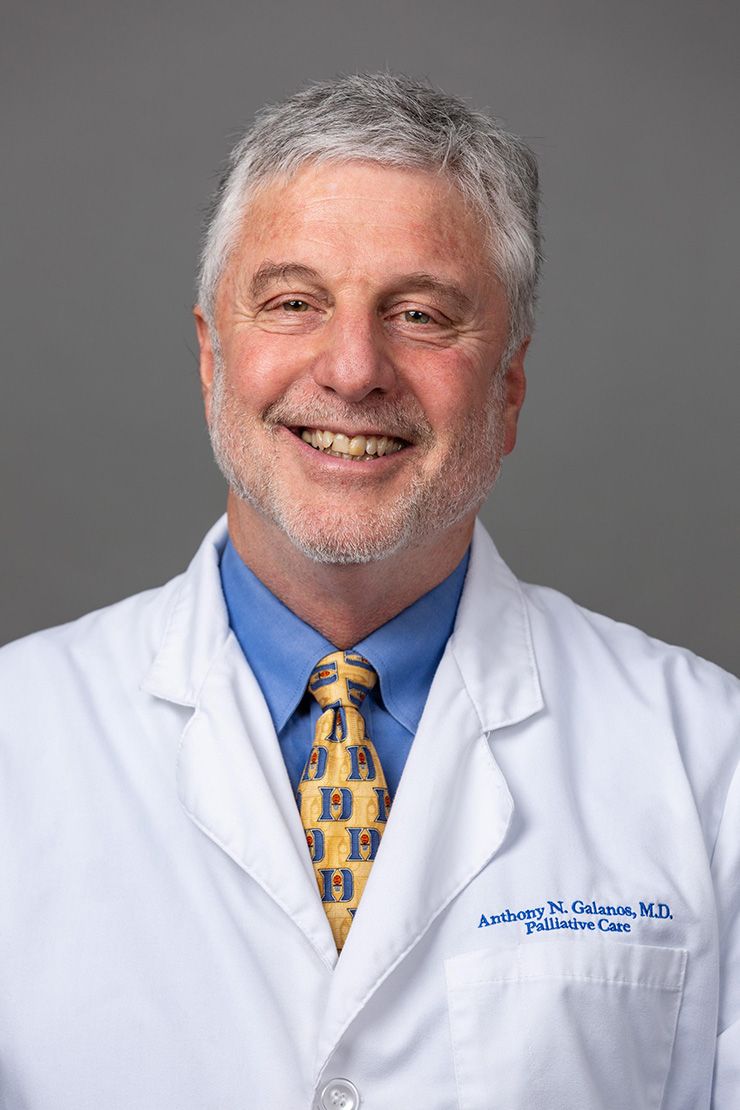Grief Awareness Week Includes Memorial Service for Staff and Faculty
Events from Nov. 15-18 will help increase awareness of issues around grief and loss in the workplace

As part of a week’s worth of events during Grief Awareness Week, a memorial service in Duke University Chapel will remember and honor Duke staff and faculty who died in 2022.
“2022 Grief Awareness Week” across Duke also includes no-charge opportunities from Nov. 15-18 to connect and explore aspects of grief during virtual workshops, panel discussions and support groups led by the Duke Health Office of Culture and Well-being.
“We all experience grief at different times in different ways,” said Melissa Segal, Director of Culture & Well-being for Duke Health and an organizer for the symposium. “Often, it’s all ‘go, go go!’ and we have to get back to work, so this provides both a space to take a breath and also recognition that we all grieve, and it’s really important to take the time to grieve and process so that we can actually do our job more effectively.”
A grief symposium on Nov. 15 and panel discussion on Nov. 16 are geared toward healthcare roles. However, the sessions are open to all Duke University and Duke University Health System staff and faculty. From Nov. 16-18, small group activities include writing; art; body work; and restorative circles, including grief about the loss of a pet.
With limited space, participants must register for the symposium, panel discussion and small group activities to receive a link to access them.
During the symposium on Nov. 15, Dr. Tony Galanos, a Hospice & Palliative Medicine Specialist who has worked at Duke since 1989, will moderate a session called “Professional Grief & Burnout.” The session covers the effect grief can have on medical professionals at work, while other sessions during a two-hour block will cover disenfranchised grief, non-death grief, turning grief into positive action and rituals around grief.
Galanos, a physician focused on end-of-life and palliative care, lost his son, Nick, in 2018. Nick, who had Type 1 diabetes, died unexpectedly after a viral illness led to diabetic ketoacidosis.
After navigating the initial phases of grief, Galanos called his return to work after his son’s death a challenging “third gauntlet.” Featured in a “Voices of Duke Health" podcast episode in 2019, Galanos explained that his interactions with colleagues taught him a lot about how to support a bereaved colleague.
“I want people to know, if you see me, don’t treat me like I’m a pariah or piranha or something scary,” he explained in the podcast. “But don’t feel compelled that you have to comfort me because you can’t. And maybe that’s what we need to learn about grieving is that there may not be a cure. There may not be an antidote.”
While many colleagues may feel moved to say “I’m so sorry” or ask how they can help, Galanos said that even well-intentioned condolences and platitudes do not soften grief. However, actions of support can be meaningful, especially when done without asking how to help.
When his son died, simple gestures meant the most to him, like when a group of Internal Medicine residents showed up at the door of his home in Chapel Hill with a pot of chili and cornbread.
“Asking what you can do might not work because that requires energy on the part of the griever to figure out what it is that they need…” Galanos told Working@Duke in a recent interview. “It’s really hard to be the griever because you don’t know exactly what you want, and I would love it if we could give people the grace and space to not know.”
Ways to support people who are grieving will be covered during the symposium. While words may fail, being present for a friend and colleague can be powerful.
“I always tell folks don’t worry about trying to say the perfect thing,” said Segal, the Director of Culture & Well-being and a licensed clinical social worker. “Sometimes, the perfect thing is to say nothing and just be there.”
As part of events during the week, Duke University Hospital Bereavement Services and Duke University Chapel will co-host a service of remembrance at 3 p.m. on Nov. 16 to provide an opportunity for family, friends and colleagues of Duke faculty and staff who have died in the past year to celebrate them.
The 30-minute service, which can be attended in-person or viewed online, will include poetry, music, candle lighting, and the reading of names of approximately 300 Duke staff and faculty and their affiliations. After each name is read, the Chapel bells will toll.
“It’s a place to pause and remember those who invested a portion of their lives in working at Duke,” said Artie Hendricks, a chaplain at Duke University Hospital. “It’s an important thing to do because all of these people came together in their own special way to make Duke what it is.”
Send story ideas, shout-outs and photographs through our story idea form or write working@duke.edu.